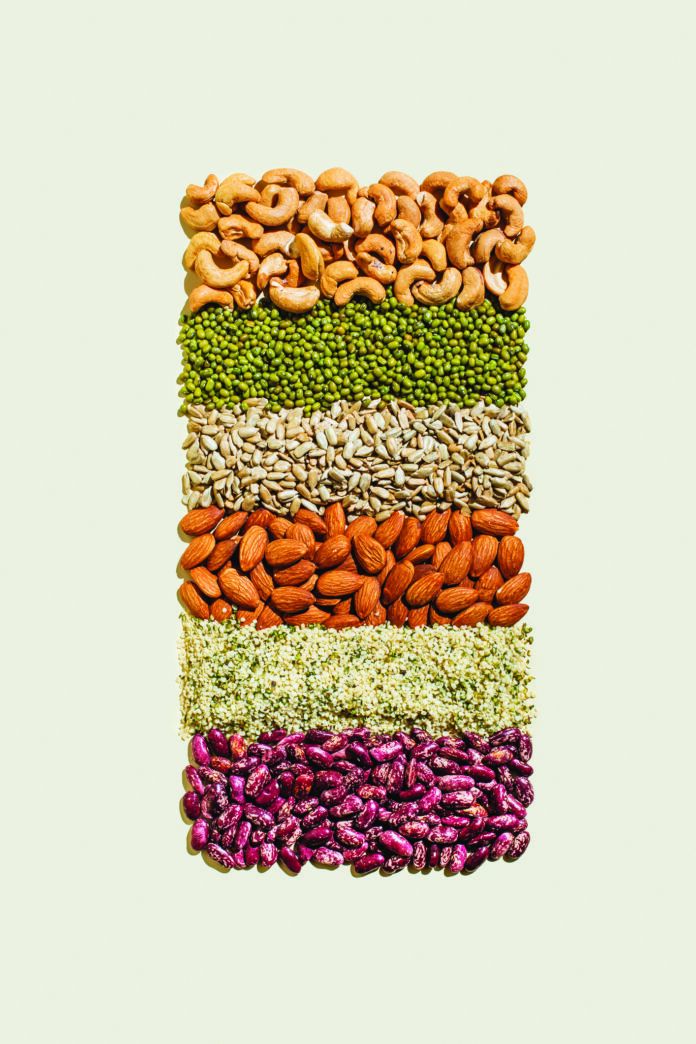A new study lead by Tufts University researchers suggests choosing plant protein in place of animal protein throughout midlife may increase the odds of healthy aging in women. The study looked at the reported food intake of nearly 49,000 U.S. women who were less than 60 years old in 1984. Data from 30 years later found 3,721 met the researchers’ criteria for healthy aging: they were free from 11 major chronic disease, had good mental health, and did not have physical or cognitive impairments.
Overall, adequate protein intake in midlife was associated with healthy aging, but the results were strongest for consuming plant protein in place of animal protein:
• Higher total or animal protein intake was associated with higher risk of developing several chronic diseases, including type 2 diabetes, heart attack, stroke, and kidney failure. Consuming dairy and plant protein was associated with lower risk.
• Eating adequate protein in midlife was modestly associated with lower risk of physical limitations in later life, but the association was stronger for plant than animal protein.
• Plant protein intake in midlife was favorably associated with good mental health in later life.
The researchers calculated that swapping out animal protein (including dairy), carbohydrates, total fat, or saturated fat (such as from red meat and full-fat dairy) with the same number of calories from plant protein was associated with higher odds of healthy aging, good physical function, good mental health, and lower risk for chronic disease.
This study adds to the large body of information suggesting that shifting to plant proteins like beans, soy products, lentils, nuts (and nut butters), and seeds is an important part of a health-promoting dietary pattern.
























